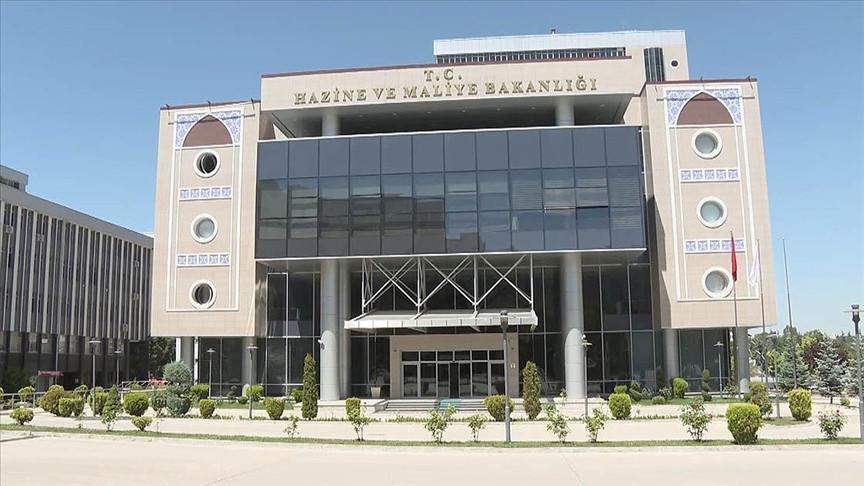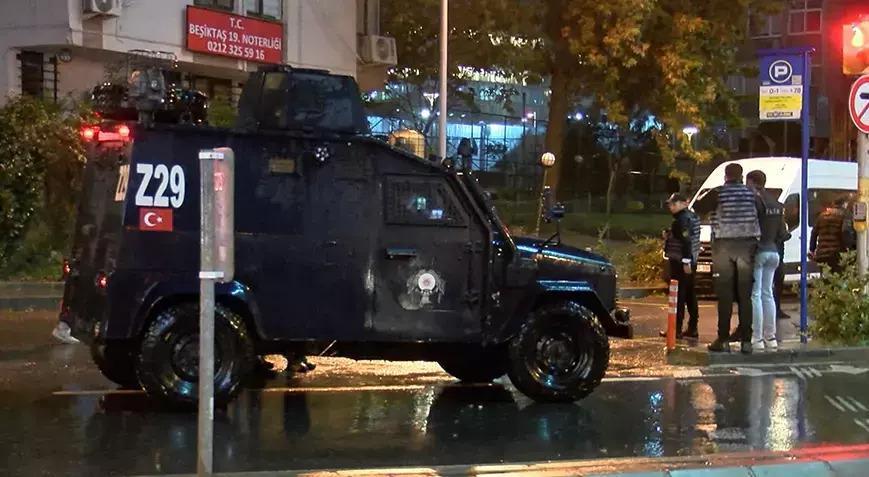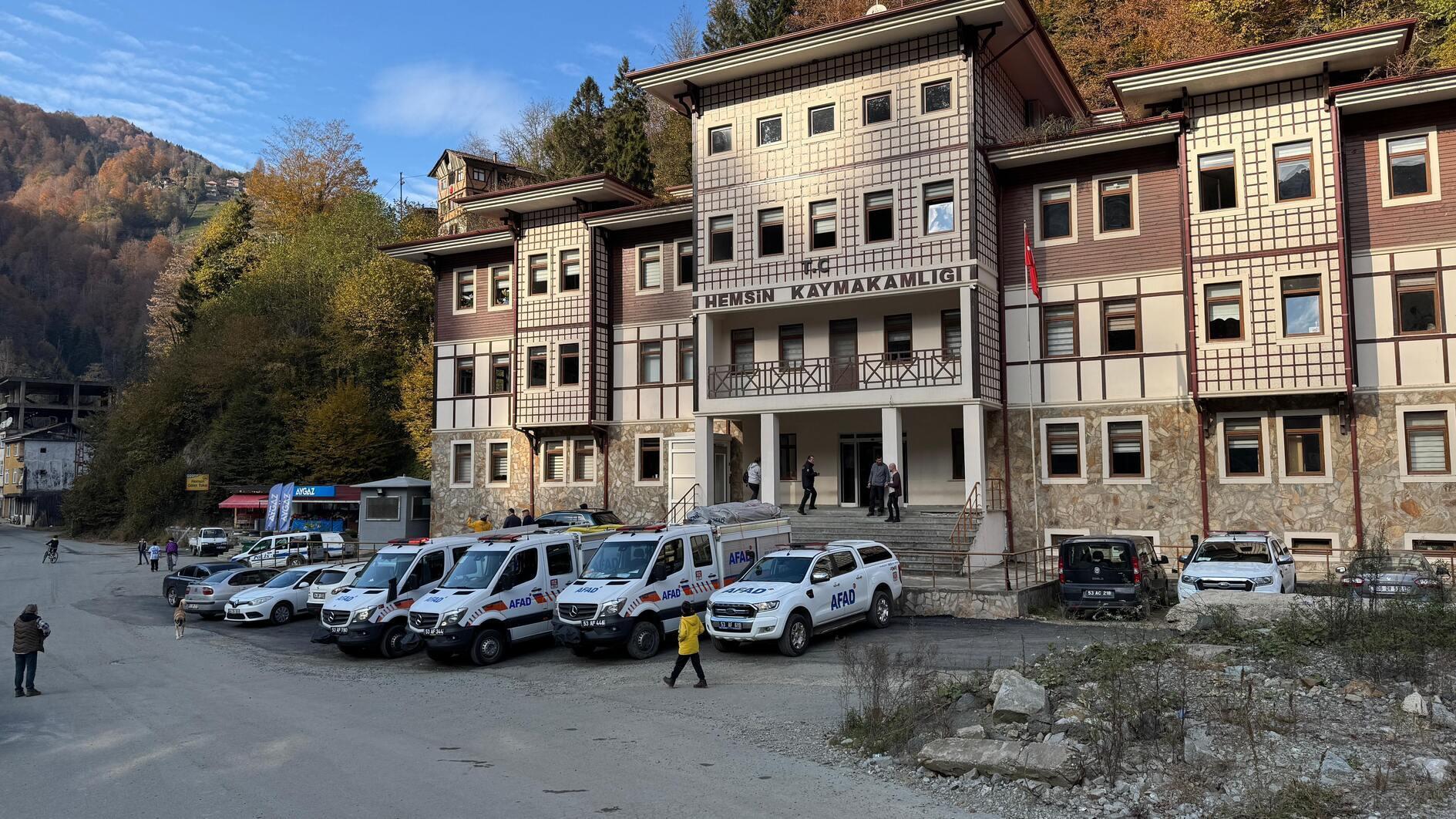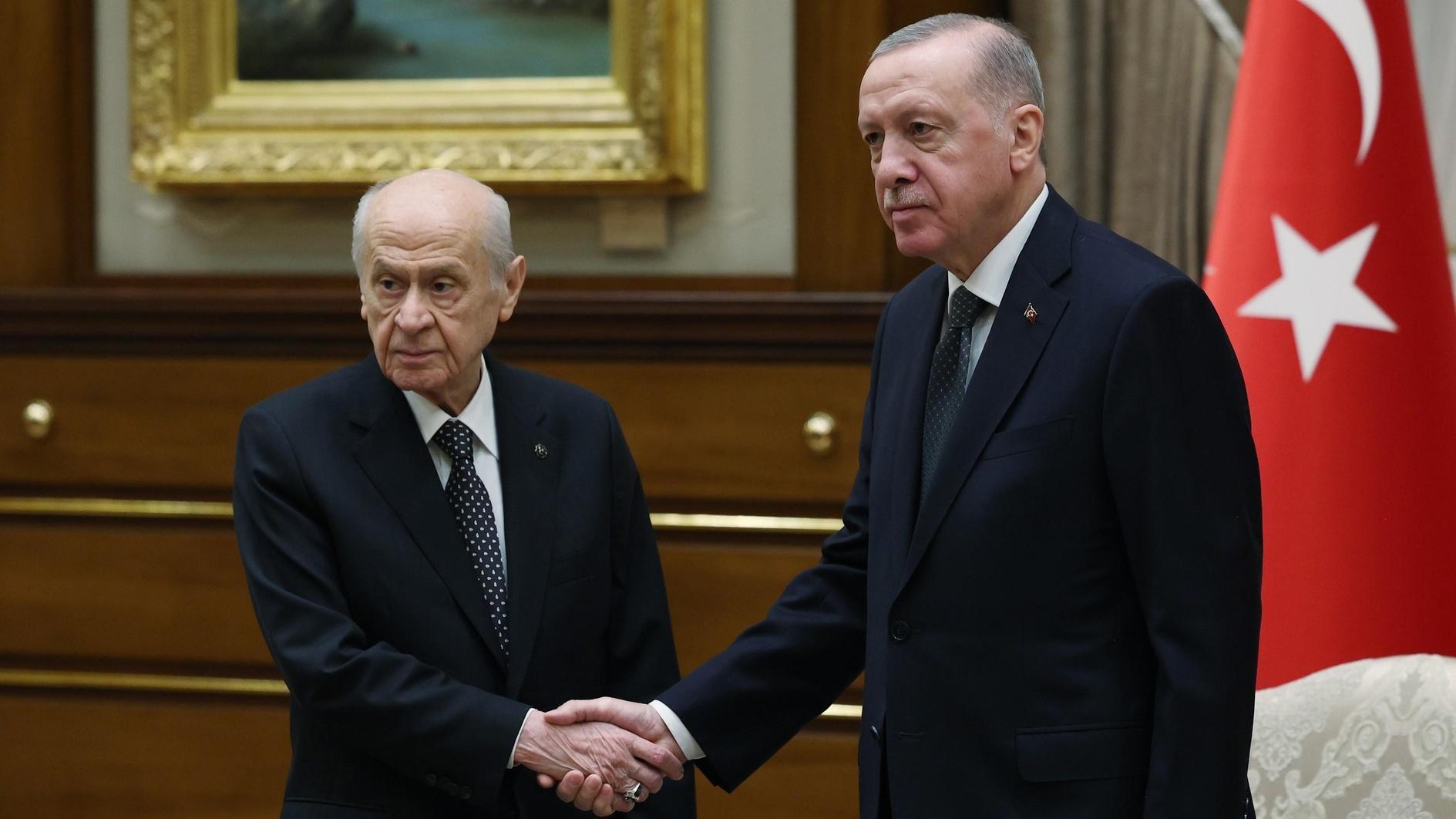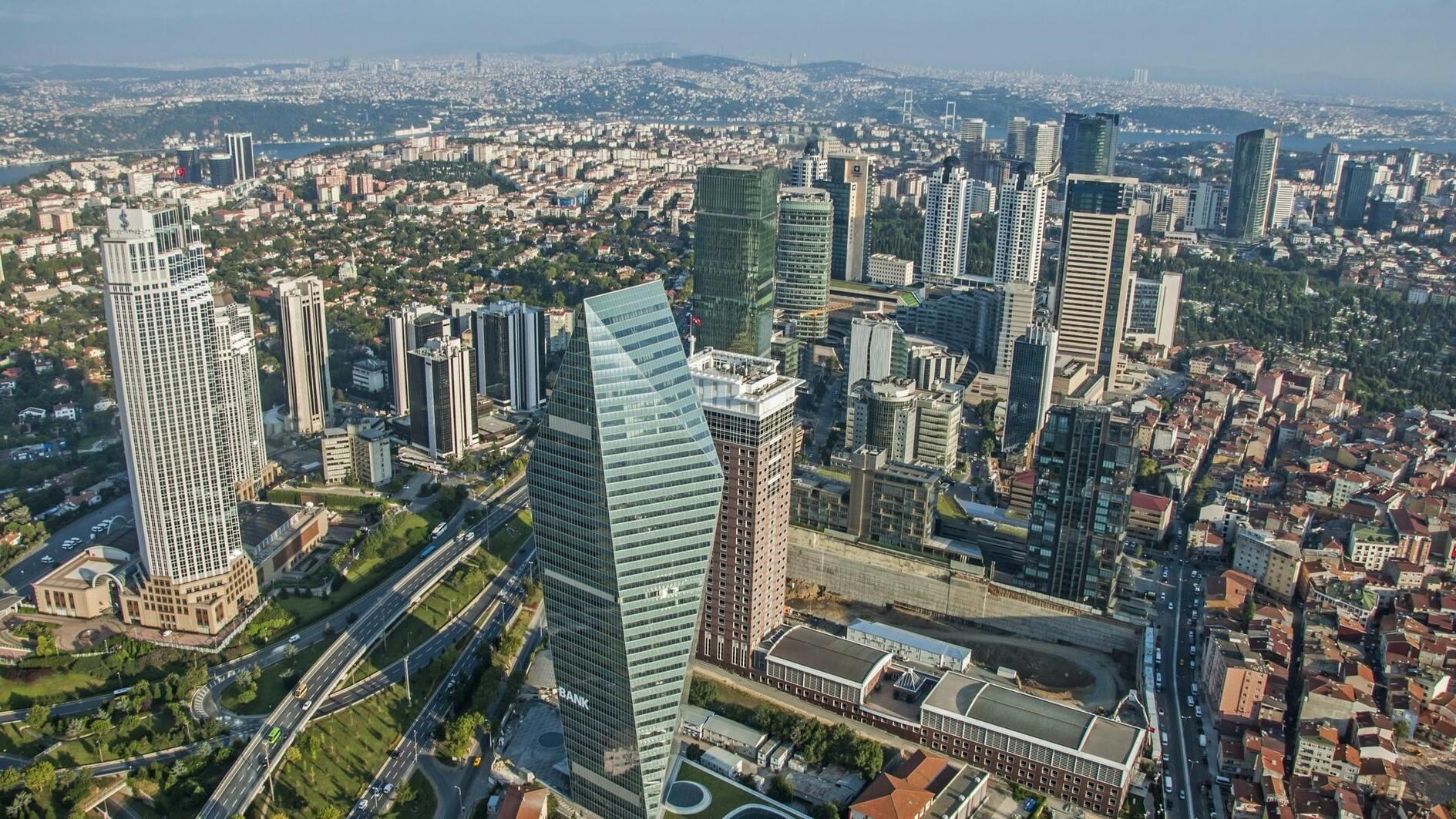Where is Turkey heading?
The two day Istanbul Forum organized by the Center for Strategic Communication (STRATIM), which kicked off on Monday with a large Turkish and international participation comprising some high caliber names, is providing an opportunity to gauge where Turkey is perceived to be heading under its present administration.
The picture, however, is not positive, despite the efforts by Justice and Development Party (AKP) spin doctors to argue the opposite. They claim, of course, that Turkey is facing an unjust campaign aimed at sullying its reputation and ensuring that it does not emerge as a strong player in the world.
It is all too easy to hide behind this simplistic argument which, for all its superficiality, nevertheless appears to be supported by the significant portion of the population that keeps the AKP in power. This does not, however, do away with the reasons behind negative perceptions about Turkey.
To start with, it is becoming clearer, as main opposition Republican People’s Party (CHP) leader Kemal Kılıçdaroğlu said in his opening speech at the Istanbul Forum, that the “New Turkey,” much touted by the AKP, is turning out to be nothing more than a hankering for an Ottoman past.
The imagery of the President Recep Tayyip Erdoğan’s theatrics in his new and grandiose palace, and his remarks at various gatherings, as well as the speeches delivered by Prime Minister Ahmet Davutoğlu to party supporters around the country, make this amply clear.
We even have AKP deputies now openly claiming that the republican period after 1923 was no more than “a mere interlude” in the grand Ottoman film. What is worrying here is not the ridiculous nature of this remark from a less than intelligent deputy, but the fact that she was not reproached from with the AKP.
Such remarks, as well as Erdoğan’s theatrics, do not, however, cover-up basic and unsavory facts about today’s Turkey that AKP circles are loath to see being underlined. Recent developments show that Turkey is now a country where politics can unabashedly cover-up serious allegations of corruption by people in high offices.
Developments also show that Turkey is increasingly becoming a repressive country, with arbitrarily introduced laws that are aimed at curbing freedoms, including freedom of the press and freedom of expression. The European Parliament, much to the annoyance of the government and AKP circles, recently highlighted all of this once again.
For all the claims by members of the government and AKP circles, Turkey today is also a country that is isolated in the world. The attempts by Erdoğan’s chief foreign policy advisor to bring an ethical twist to this by referring to it as “valuable” or “precious isolation” cannot hide this fact.
Talking to experts at the Istanbul Forum who are close to centers of decision taking in Europe and the United States, it is very apparent that patience is running very thin with Erdoğan and the AKP government. As one expert put it, “if it is still tolerated, this is because of Turkey’s geo-strategic importance in a volatile part of the world, not because of any successes that its leadership is registering.”
Ankara’s sectarian leadings have also isolated it from a significant portion of the Middle East’s population. In addition to this, the blind support that it is providing for the Muslim Brotherhood, and groups like Hamas, are not just frowned on in the West but have also alienated Turkey from the regional regimes, which - undemocratic as they are - will remain in power for the foreseeable future.
As if all of this was not bad enough, Ankara has not managed to shake of the stigma resulting from claims that it is covertly supporting extremist groups like the Islamic State of Iraq and the Levant (ISIL) and the al-Nusra Front.
How Erdoğan and the AKP can pull a “success story” out of the hat with such glaring facts hovering in the air is anyone’s guess.



